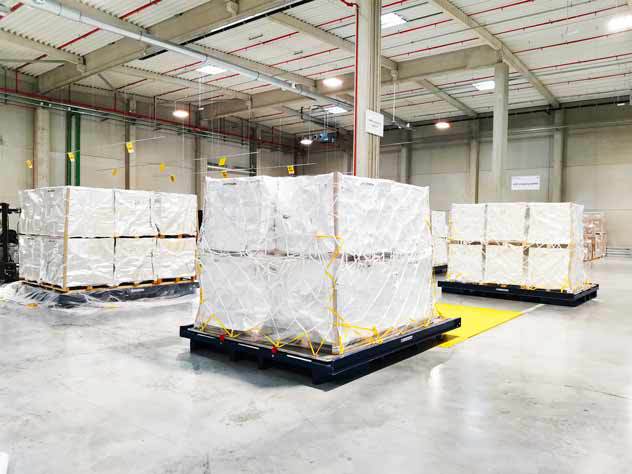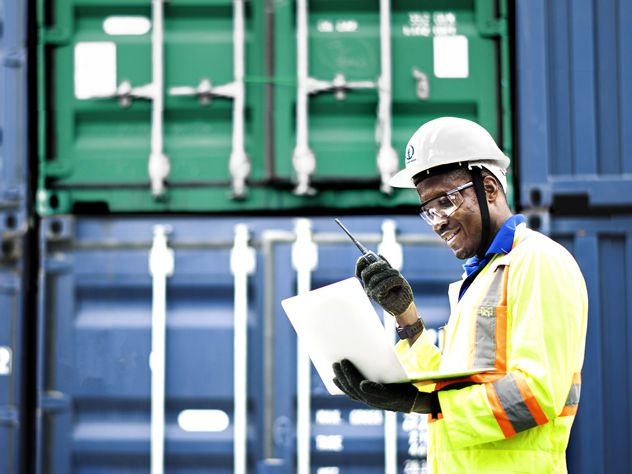Back Import Control System 2 (ICS2) effective 3 June 2024 for maritime and inland waterway carriers
How to
Import Control System 2 (ICS2) effective 3 June 2024 for maritime and inland waterway carriers
From 3 June 2024, all sea freight shipments into or via the EU27, Switzerland, Norway as well as Northern Ireland will have to comply with new data filing requirements, based on which the involved states’ customs authorities will require an advance filling prior vessel loading to protect the market from security and safety threats
Requirements for all sea freight shipments to or via EU, Switzerland and Norway
The security and safety programme supports effective risk-based customs controls whilst facilitating free flow of legitimate trade across the external borders. Data is collected on all goods entering the mentioned countries in question prior to their arrival. Advance cargo information and risk analysis will enable early identification of threats and help customs authorities to intervene at the most appropriate point in the supply chain.
As of this date, economic operators carrying goods by sea and inland waterways, as well as other parties, such as logistic providers, will start filing maritime shipments with the states’ customs authorities, whereas forwarders who wish to file directly to the EU customs authorities, can do so from 4 December 2024 onwards.
Kuehne+Nagel is prepared for the implementation
Kuehne+Nagel has set up its IT systems and processes to comply with the new requirements of submitting the necessary data elements to the states’ customs authorities directly. You will benefit from receiving the security risk clearance early in the process, avoiding delays. Until self-filing is possible, Kuehne+Nagel will be sharing the mandatory data via EDI with the carriers to ensure seamless operations.
In parallel, Kuehne+Nagel is enhancing its electronic data interchange (EDI) connections and interfaces for its customers enabling data automation and accuracy.
ISC2 apply to all parties sending sea cargo from third countries to or through the countries mentioned above. Ensuring a smooth cargo flow without interruption to the supply chain is a joint effort and requires your active participation.
How to comply with the ICS2 requirements:
As a company conducting customs activities in the European Union, you need an Economic Operators Registration and Identification (EORI) number from one of the EU Member states’ customs authorities. Please ensure that you share this EORI number, if applicable, with your shipper/seller.
As a shipper/seller sending cargo to the countries in scope, please ensure you obtain the EORI number of your consignee. For Switzerland, Norway and Northern Ireland, where no EORI is available, the VAT registration number may be provided.
For cargo transiting the countries in scope with destination outside the countries in scope, an EORI number is not required, although the shipment will be subject to ICS2 regulations.
Please include an accurate and meaningful goods description for each article of the consignment along with the corresponding Harmonized Commodity Code (HS Code, minimum first 6 digits).
The necessary information above should be provided to your freight forwarder with immediate effect in addition to the shipment details you already share as part of your commercial documents and/or EDI messaging today. Submitting incorrect or inaccurate data, as well as missing data elements, could lead to:
- Rejected declarations or customs intervention, with possible sanctions imposed for non-compliance
- Consignments stopped or delayed at customs
- Enhanced security screening
- Shipment delays
Further information can be found on the website of the European Commission and in the FAQ section below.
Should you have any questions or concerns, do not hesitate to contact your Kuehne+Nagel representative.











